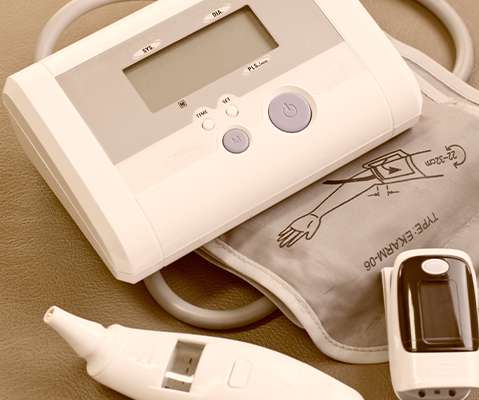Bonus Features – October 16, 2022 – Half of docs considering leaving their job, there’s little risk in sharing de-identified data, and more
Healthcare IT Today
OCTOBER 16, 2022
Nearly two-thirds of physicians surveyed (65%) said they are experiencing burnout, and 35% said their level of burnout has “significantly increased” in 2022. Researchers at MIT have found that de-identified patient data runs an extremely low risk of being re-identified in the event of a data breach.











Let's personalize your content